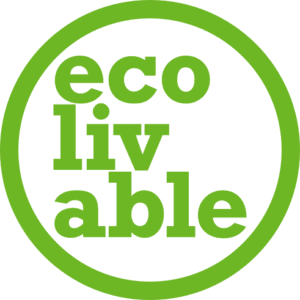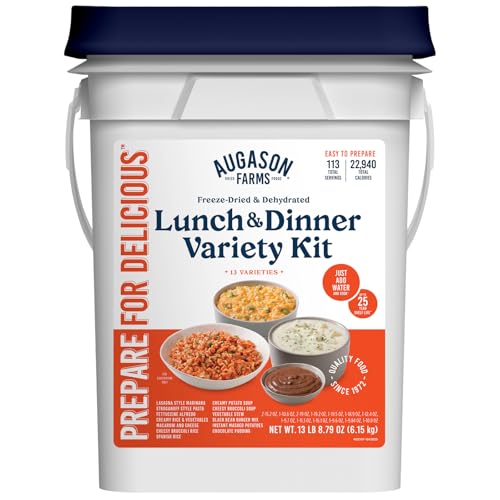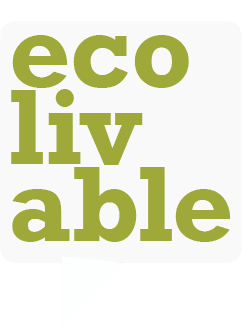Emergency Preparedness – European Union Recommends 3 Days’ Worth of Food and Water: In a move reflecting growing concerns over potential crises, the European Union (EU) has issued guidance urging its citizens to stockpile at least three days’ worth of food and water. The recommendation, aimed at enhancing individual and community resilience, comes as part of broader efforts to prepare for emergencies ranging from natural disasters to geopolitical disruptions. While not legally binding, the advisory underscores a shift toward proactive preparedness across the 27-member bloc.
Why the Recommendation?
The EU’s advice is rooted in a recognition of the diverse threats facing Europe today. Climate change has intensified the frequency and severity of events like floods, wildfires, and storms, as seen in Germany’s devastating 2021 floods and the wildfires that ravaged Greece and Spain in recent summers. Meanwhile, ongoing geopolitical tensions—such as Russia’s war in Ukraine and its ripple effects on energy and food supply chains—have heightened awareness of vulnerabilities in the region’s infrastructure.

The three-day benchmark aligns with international standards for emergency preparedness, such as those promoted by the United States’ Federal Emergency Management Agency (FEMA), which also advises a minimum of 72 hours’ worth of supplies. The EU’s recommendation is designed to give households a buffer during the critical initial phase of a crisis, when emergency services may be stretched thin or access to shops and utilities disrupted.
What Should Citizens Stockpile?
The EU suggests a practical approach to preparedness, focusing on non-perishable food and clean water as the foundation of any emergency stockpile. For food, items like canned goods, dried fruits, nuts, energy bars, and pasta are ideal due to their long shelf life and minimal preparation requirements. The guideline recommends approximately 2,000 calories per person per day to sustain energy levels.
Water is equally critical, with the EU advising at least 1.5 to 2 liters per person per day for drinking, plus additional amounts for hygiene and cooking if possible. Households are encouraged to store water in sealed containers and rotate supplies regularly to ensure freshness.
Beyond food and water, the EU also highlights the importance of other essentials: a battery-powered or hand-crank radio, flashlights, first-aid kits, medications, and blankets. For families with infants or pets, additional supplies like formula, diapers, or pet food are recommended.
A Call for Self-Reliance
The EU’s guidance reflects a broader push for self-reliance among its 450 million citizens. While the bloc has robust disaster response mechanisms—such as the EU Civil Protection Mechanism, which coordinates aid during crises—officials emphasize that individuals play a key role in reducing pressure on public resources. “The first line of defense in any emergency is the preparedness of our citizens,” an EU spokesperson noted, adding that even a modest stockpile can make a significant difference.
This message resonates particularly in rural areas, where access to aid may be delayed, and in urban centers, where dense populations could strain supply chains during a prolonged disruption. The war in Ukraine, for instance, exposed Europe’s dependence on imported grain and fertilizers, prompting fears of food shortages that, while averted so far, remain a lingering concern.
Public Response and Criticism
Reactions to the recommendation have been mixed. In countries like Germany and the Netherlands, where emergency preparedness is already part of public discourse, the advice has been welcomed as pragmatic. German authorities, for example, have long encouraged citizens to keep up to 10 days’ worth of supplies—a legacy of Cold War-era planning. In contrast, some in southern Europe, where such guidance is less common, have expressed surprise or skepticism, viewing it as an overreaction.
Critics argue that the recommendation could stoke unnecessary panic or place an unfair burden on low-income households unable to afford extra supplies. Others question its vagueness, noting that the EU has not specified how to implement the advice or whether member states will provide support, such as subsidies for stockpiling.
A Broader Trend
The EU’s move is part of a global trend toward bolstering resilience in an uncertain world. Japan, prone to earthquakes, has long promoted household stockpiling, while Switzerland requires citizens to maintain emergency kits under its civil defense laws. In the wake of the COVID-19 pandemic, which exposed weaknesses in global supply chains, many governments are rethinking how to prepare for the unexpected.
For Europe, the recommendation is a subtle acknowledgment that the stability of the past few decades cannot be taken for granted. Whether driven by climate shocks, energy crises, or political upheaval, the call to stockpile food and water is a reminder that preparedness is no longer optional—it’s a necessity.
Always have a rain jacket or pancho in your cars and go bags!





